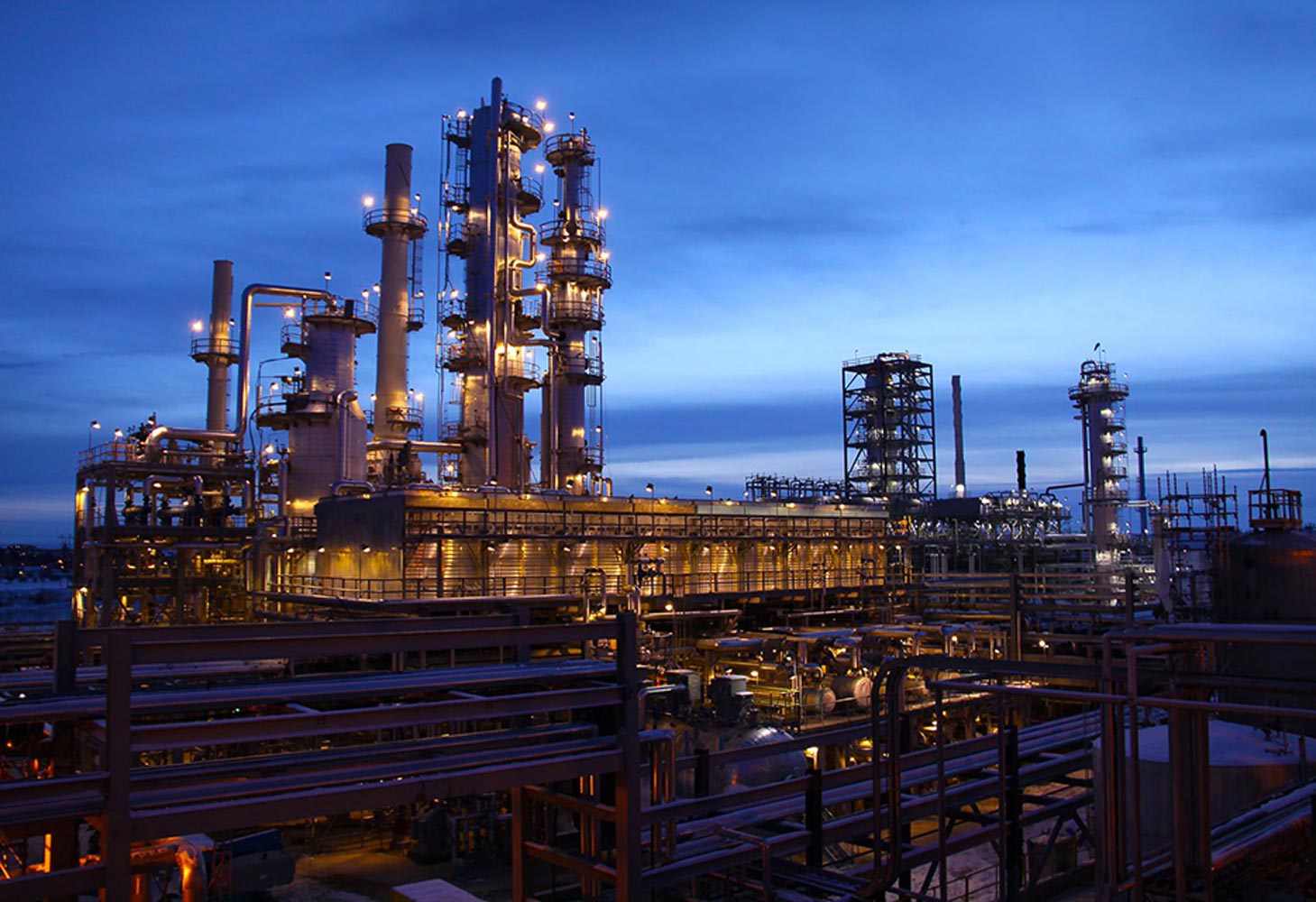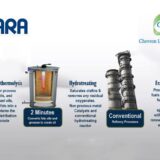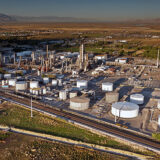
Calumet Specialty plans to retain finished lubricants and chemicals business
Calumet Specialty Products Partners, L.P. said it plans to “retain and focus” investment in its finished lubricants and chemicals business.
“This business has been the subject of market speculation,” the company said in a statement. However, with an expected annual adjusted EBITDA exceeding USD60 million, based on Calumet’s 2021 market outlook, the company said it does not plan to sell this “high-growth” business.
Calumet provided an update to the partnership’s strategic and business progress on February 16. The company said its strategic objectives to create unitholder value remain unchanged:
1. Focus resources on volume and margin growth in specialty products
2. De-hybridize business model / create investor transparency
3. De-lever the Partnership’s balance sheet
Calumet recently closed the USD70 million sale leaseback transaction of fuels terminal assets at its Shreveport, Louisiana, U.S.A., complex. These proceeds, together with existing cash on the balance sheet, are adequate to redeem the USD150 million 2022 notes, which will allow it to make strategic deleveraging decisions.
The partnership also announced plans to produce renewable diesel by reconfiguring a hydrocracker at its 37,000 barrel per day (bpd) Great Falls, Montana, U.S.A. oil refinery.
“We believe Great Falls, which connects western agriculture with the West Coast and Canadian clean product markets, presents one of the most compelling opportunities for renewable diesel production in North America. We estimate the oversized hydrocracker built in 2016 can be reconfigured to process 10-12,000 bpd renewable feedstock at the lowest capital cost per barrel of any announced industry project,” the company said.
Hydrocracker conversions are typically faster to market, cheaper, and less technically challenging. In addition, the planned configuration could retain 10-12,000 bpd low-cost Canadian crude processing, providing Montana customers with clean energy and specialty asphalt.
The partnership said “future dual train operations” are currently estimated to generate USD220 to USD260 million of adjusted EBITDA assuming mid-cycle market prices and existing environmental market structure such as U.S. federal Blenders Tax Credit (BTC), creation of RINs and California’s Low Carbon Fuel Standard (LCFS) credits. Renewable identification numbers (RINs) are credits used for compliance, and are the “currency” of the U.S. federal Renewable Fuel Standard (RFS) program.














